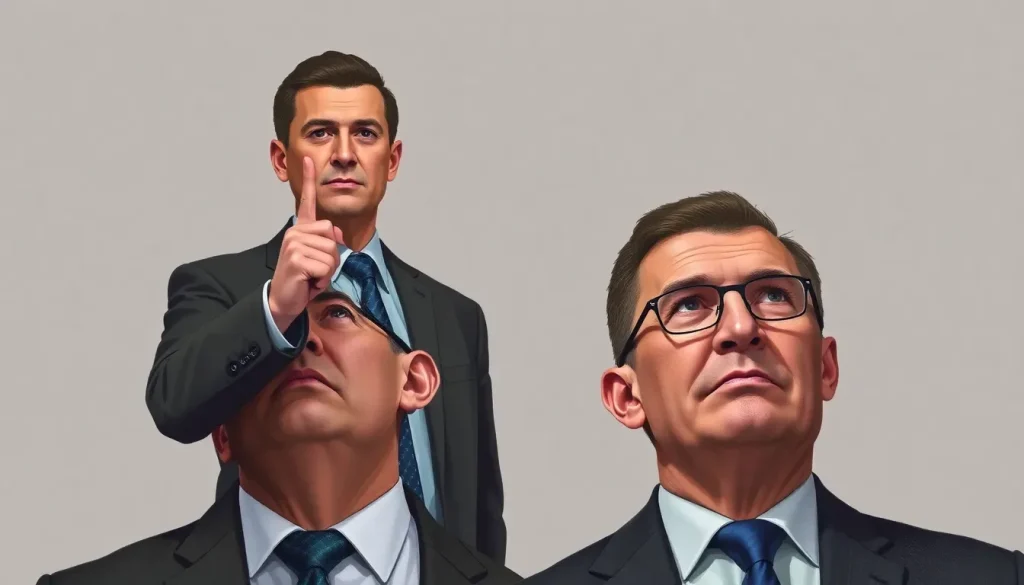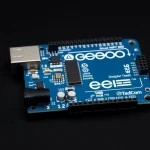Convoy leaders Lich and Barber given conditional sentences in Ottawa

The case of Tamara Lich and Chris Barber highlights the complexities surrounding protests and civil liberties, particularly in the context of the COVID-19 pandemic. Their recent sentencing has reignited debates over the balance between lawful assembly and public order. Let's delve into the details of their case, the implications of their sentences, and the broader context of the protests they led.
Details of the sentencing for Lich and Barber
On October 7, 2025, both Tamara Lich and Chris Barber were sentenced to conditional sentences of 18 months for their participation in the “Freedom Convoy” protest. This protest, which took place in early 2022, saw protesters block downtown Ottawa for several weeks in opposition to COVID-19 public health measures.
During the sentencing, Justice Heather Perkins-McVey imposed a strict regimen on Barber, consisting of 12 months of house arrest followed by an additional six months under a curfew. Lich received a slightly different sentence: 12 months of house arrest and 3.5 months under a curfew, factoring in time already spent in custody.
Charges against Chris Barber
Chris Barber faced serious charges during the proceedings. He was found guilty of mischief in April, with an additional charge of counseling others to disregard a court order. These offenses were central to the prosecution's case, highlighting the challenges law enforcement faced during the protests.
Barber's involvement in the protest was significant, as he, along with Lich, became one of the face figures of the movement that aimed to lift pandemic-related restrictions. The court's decision to impose a conditional sentence reflects the severity with which the judiciary views the disruption caused by their actions.
Understanding conditional sentences in Ontario
Conditional sentences serve as an alternative to incarceration, allowing offenders to serve their time in the community under strict conditions. In Ontario, a conditional sentence can encompass various stipulations, including:
- House arrest
- Curfews
- Regular check-ins with law enforcement
- Prohibitions on specific activities, such as attending protests
The intention behind such sentences is often to rehabilitate rather than punish, allowing individuals to maintain ties to their community while ensuring compliance with the law.
Context of Tamara Lich's situation
Tamara Lich's role in the Freedom Convoy was pivotal, as she helped organize the movement that attracted thousands of supporters. The protest, while initially peaceful, escalated into a significant disruption, leading to the federal government's unprecedented invocation of the Emergencies Act on February 14, 2022. This Act allowed for enhanced enforcement measures to clear the protests from the capital.
During the sentencing, Justice Perkins-McVey noted the substantial financial impact the protest had on Ottawa, estimating that it cost the city approximately $7 million, along with an additional $55 million in expenses for the Ottawa Police Service. Such figures underline the disruption that the protest caused for local residents and businesses.
Political implications and public reactions
The contrasting recommendations from the Crown and defense during the sentencing phase revealed deep political and social divisions regarding the protest. The Crown sought a hefty sentence, advocating for seven years for Lich and eight for Barber, while the defense requested absolute discharges. Justice Perkins-McVey emphasized that her courtroom must remain free from political influence, despite the societal implications of the case.
After the sentencing, both Lich and Barber's legal representatives expressed differing views. Diane Magas, representing Barber, noted that the judge recognized their intentions were lawful at the start but became unlawful through the blockade of streets. Similarly, Lich's lawyer, Lawrence Greenspon, indicated that they are contemplating an appeal based on constitutional grounds. He argued that the right to peaceful assembly should take precedence over property rights.
Comparative cases and judicial precedents
In assessing Lich and Barber's sentences, Justice Perkins-McVey drew comparisons to other cases involving protest leaders. For instance, fellow convoy organizer Pat King received a 12-month conditional sentence earlier in the year, serving only three months of house arrest. Marco Van Huigenboss, associated with the Coutts border blockade, was sentenced to four months in jail.
| Protest Leader | Sentence | Time Served |
|---|---|---|
| Chris Barber | 18 months conditional | 12 months house arrest, 6 months curfew |
| Tamara Lich | 18 months conditional | 12 months house arrest, 3.5 months curfew |
| Pat King | 12 months conditional | 3 months house arrest |
| Marco Van Huigenboss | 4 months jail | 4 months served |
Long-term effects of the Freedom Convoy protests
The Freedom Convoy protests have left a lasting impact on Canadian society, highlighting the tensions between public health policy and civil liberties. While the immediate effects of the protests were disruptive, they have also sparked ongoing discussions about the right to protest and its limits. The legal outcomes for the leaders involved serve as a crucial reference point for future demonstrations.
As Canadian society grapples with the balance between health measures and individual rights, the case of Lich and Barber remains a significant chapter in this dialogue. It underscores the need for clear legal frameworks that protect both the right to protest and the community's right to public order.
For more insights on the Freedom Convoy and its leaders, you can watch this informative video:




Leave a Reply